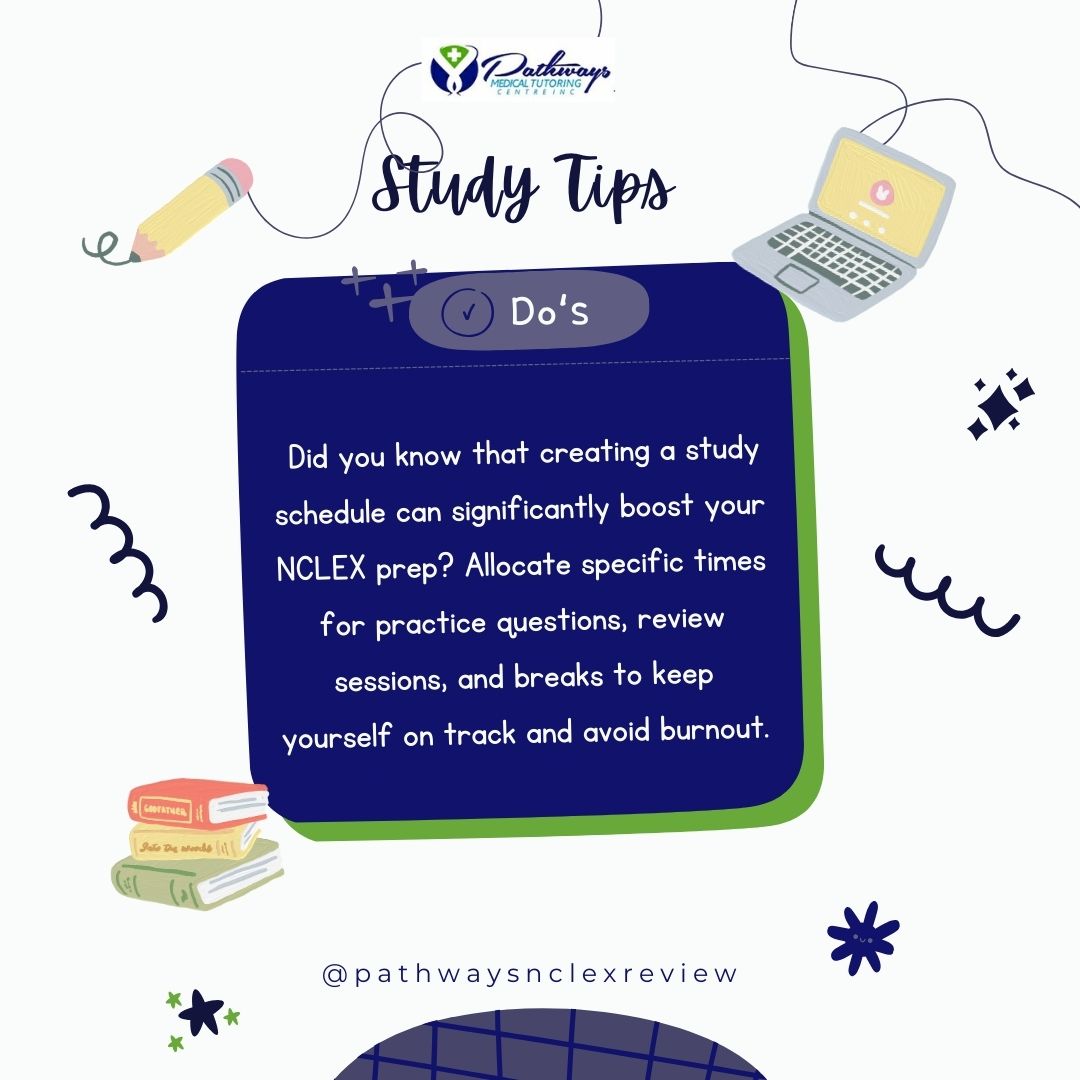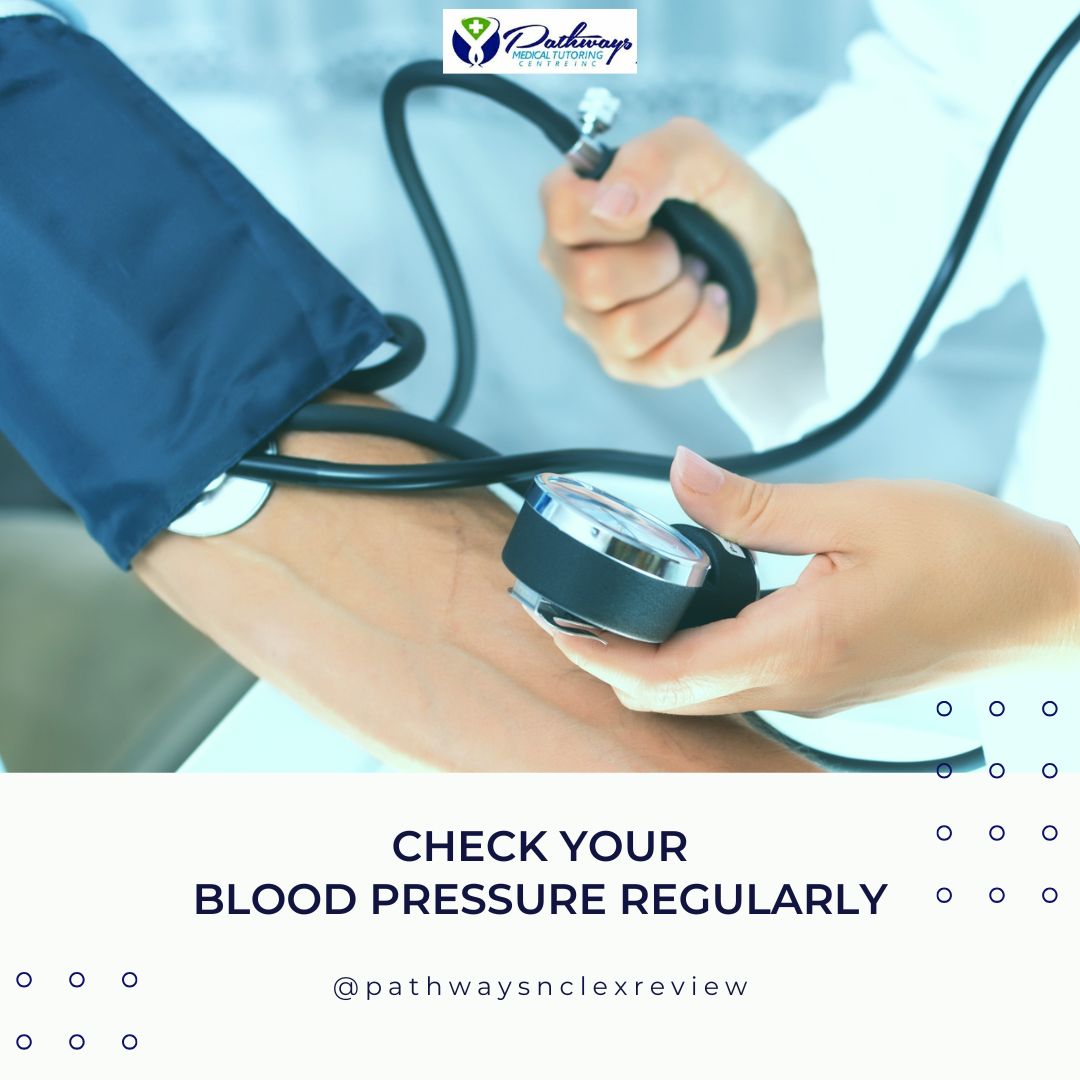How to Create an Effective Study Schedule for NCLEX Success
Preparing for the NCLEX exam can be overwhelming, but having a structured study schedule can help you stay on track and maximize your chances of success. Here’s how to create a personalized study plan that works for you: Step 1: Assess Your Time and Goals Step 2: Prioritize Key Content Areas The NCLEX tests a broad range of nursing topics. Use the official NCLEX Test Plan to identify high-priority areas, including: Step 3: Allocate Study Time Create a weekly schedule that balances review and practice questions: Step 4: Incorporate Practice Tests Step 5: Schedule Breaks and Self-Care Studying effectively also …
Managing Hypertension for Safe Patient Care
Managing hypertension is a critical skill for any nurse, especially in NCLEX exams. Understanding the causes, signs, and nursing interventions for high blood pressure is essential for your success. Here’s a quick guide on the key concepts you need to master: What is Hypertension? Hypertension, or high blood pressure, occurs when the force of blood against your artery walls is consistently too high. The two key measurements for blood pressure are: Classification of Hypertension Understanding the stages of hypertension is important for NCLEX questions: Nursing Interventions for Hypertension When caring for patients with hypertension, these interventions are critical: Key NCLEX …
The Importance of Checking Blood Pressure Regularly: A Lifesaving Habit
High blood pressure, often called the “silent killer,” can go unnoticed for years while causing significant damage to the body. Regular blood pressure monitoring is a simple yet powerful step toward safeguarding your health. Let’s explore why this habit is critical, how to do it correctly, and what the numbers mean. Why Is Regular Blood Pressure Monitoring Important? 1. Early Detection of Hypertension Hypertension (high blood pressure) is a leading risk factor for heart disease, stroke, and kidney failure. Regular monitoring helps detect elevated levels early, even if symptoms are absent. 2. Tracking Treatment Effectiveness For individuals already diagnosed with …
NCLEX Preparation: How to Tackle Select-All-That-Apply (SATA) Questions Effectively
Select-All-That-Apply (SATA) questions are a common and often challenging component of the NCLEX exam. These questions test a candidate’s ability to apply critical thinking, recognize patterns, and analyze multiple aspects of nursing knowledge simultaneously. Preparing for SATA questions requires a strategic approach, as they do not follow the traditional multiple-choice format and have unique requirements. This blog will provide an in-depth guide to understanding and answering SATA questions, discuss effective strategies to boost your performance, and include NCLEX-style SATA questions to help refine your skills. 1. Understanding SATA Questions SATA questions present a scenario followed by a list of potential …







